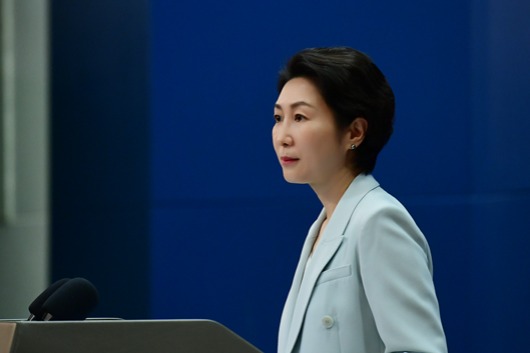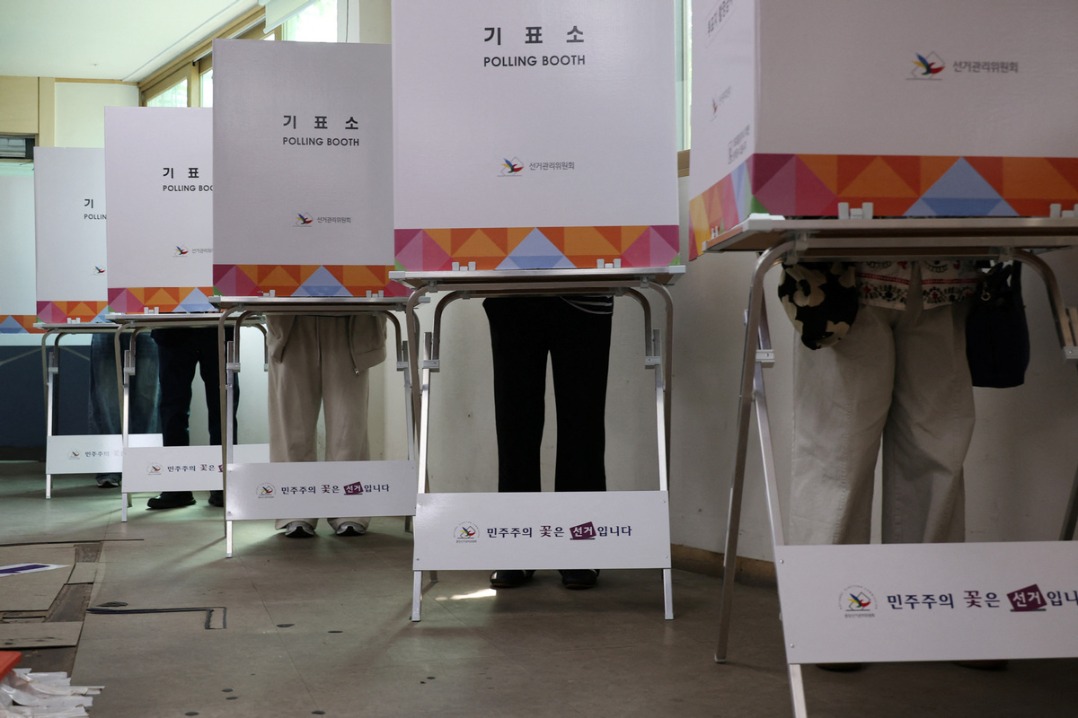China and Nordic nations explore collaboration to boost women's economic empowerment

China and the five Nordic countries have made significant progress in female labor force participation and should strengthen multilateral cooperation to share good practices for further advancement, experts and officials said at a panel discussion in Beijing on May 28.
The event, hosted by the embassies of Denmark, Finland, Iceland, Norway, and Sweden, commemorated the 30th anniversary of the Fourth United Nations World Conference on Women. Discussions centered on how gender equality fosters prosperous societies.
Na Yanfang, member of the Secretariat of the All-China Women's Federation, emphasized the critical role of gender equality in economic development.
"China and the Nordic countries are both vital forces in global economic growth. Achieving gender equality is not only a matter of social justice but also a powerful driver of economic development," Na said.
She noted that China has the world's largest female workforce, with 320 million employed women, including over 40 million in science and technology and 57 million in digital trade and e-commerce.
Platform economies have become a major avenue for Chinese women to thrive in the digital age, Na added, explaining how these platforms empower women to become live-streaming hosts or short-video creators, and meet diverse consumer demands, contributing to both personal development and economic growth.
Thorir Ibsen, the Icelandic ambassador to China, highlighted the shared goals between China and the Nordic countries despite differences in size and context.
"China, like the Nordic countries, has undergone remarkable economic transformation in recent decades. A key part of that success has indeed been the growing participation of women in the workforce," he said. "Though our regions are different in size and context, they share a common understanding, gender equality is a shared interest and a shared responsibility, advancing women's participation in the economy."
Terhi Bunders, Finnish charge d'affaires to China, emphasized that investing in gender equality is a strategic economic decision.
"When more women participate in the workforce, economies become more innovative and productive," Bunders said. "Equal pay and opportunities for women can significantly decrease poverty rates and increase wellbeing, benefiting entire communities."
UN Women's Country Representative in China Smriti Aryal praised Nordic policies such as generous parental leave, subsidized childcare, and equal pay legislation as proven models for women's economic empowerment.
"China also offers valuable lessons from its development progress, including poverty mitigation, an important area in advancing women's participation in the digital and green economy," Aryal said.
The Fourth World Conference on Women, convened in Beijing in 1995, marked a crucial moment in the global effort for gender equality. The resulting Beijing Declaration and Platform for Action acknowledged women's vital role in the economy and remains a robust global policy framework for promoting gender equality.

































